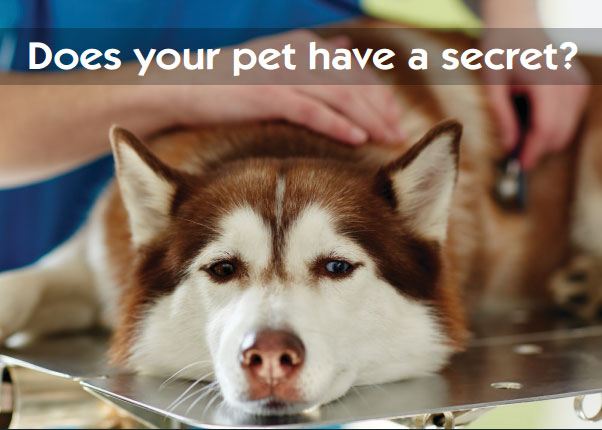
Unfortunately for all of us, including our beloved pets, aging involves damage and loss of function
It is important to remember that old age is not a disease, so ascribing signs of illness to aging should be avoided. “Slowing down” will of course occur as your pet ages, but this can also be caused or exacerbated by pain resulting from osteoarthritis or other metabolic processes such as kidney or liver disease.
Our younger pets have a general health check each year. This usually occurs at the time of vaccination, where your vet will examine your pet’s eyes, ears, heart, lungs, skin, dental health, and general body condition.
Senior pets should be having a comprehensive wellness examination at least every 6 months. This involves the usual physical examination, but also includes a blood screen and urine testing to allow an assessment of the internal organs. This frequency of testing is warranted because an older animal’s health status may change rapidly, and because early detection and treatment of diseases is vital to preserve quality of life.
There are a few clinical signs that may alert you to a possible medical problem in your pet. If you notice any of the following in your senior pet, it is a great idea to book a consult with your vet and get them checked out.
- Increased water consumption – have you noticed that you are filling the water
bowl more regularly? Are more frequent toilet stops required?Increased toileting at night? - Weight loss and/or decline in general body condition
- Anxiety, restlessness, howling at night (especially cats)
- Difficulty jumping up (either into the car or onto the couch) or hesitation to go up or
down stairs
Talk to us about a wellness examination for your senior pet today. To book an appointment, please call Mosman Vet on 9960 2856 or book online.
Last updated on 12 December 2019
Tagged with: senior pets


